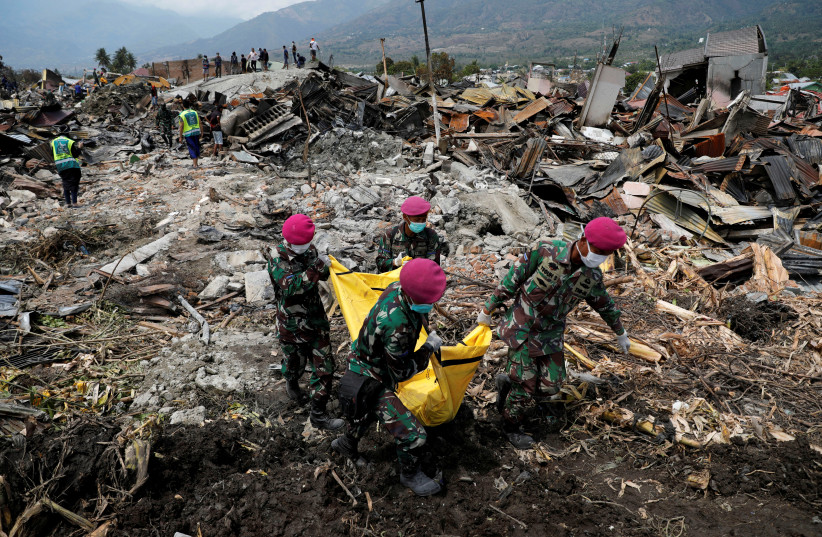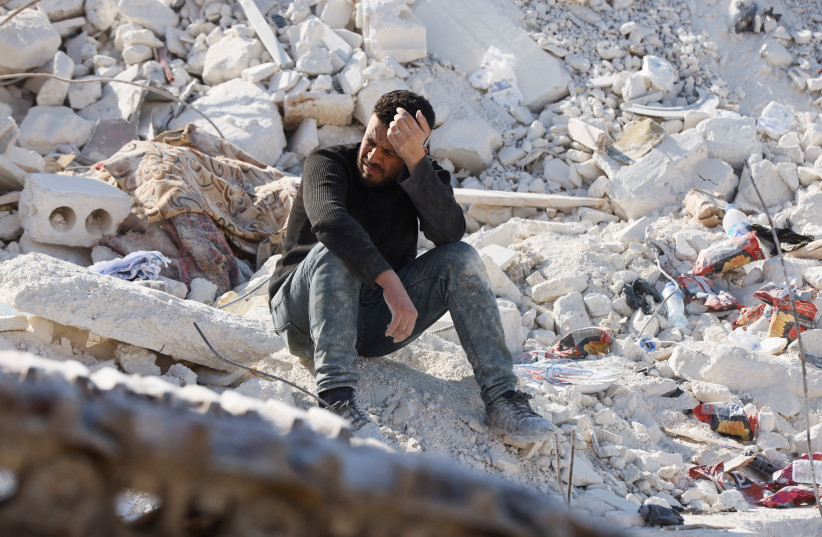Researchers at the University of Texas at Austin have developed an artificial intelligence (AI) algorithm that correctly predicted 70% of earthquakes a week before they happened during a seven-month trial in China.
The results were published as a peer-reviewed study in the Bulletin of the Seismological Society of America journal.
In a weekly forecast, the researchers’ AI predicted 14 earthquakes within 200 miles of where it estimated they would occur and at almost exactly the predicted strength. The AI missed one earthquake and gave eight false warnings.
The algorithm was developed using machine learning, the process by which a computer program trains itself using data from its developers. In this case, the AI was given a set of statistical features based on the team’s knowledge of earthquake physics, and then it was told to train itself on a five-year database of seismic recordings.
The approach has yet to be tested in other locations, but the effort is a breakthrough for AI-driven earthquake forecasting.
“Predicting earthquakes is the holy grail,” said Sergey Fomel, a member of the research team and professor at the university's Bureau of Economic Geology. “We’re not yet close to making predictions for anywhere in the world, but what we achieved tells us that what we thought was an impossible problem is solvable in principle.”

Working towards a universal system
Alexandros Savvaidis, a research scientist who leads the bureau’s Texas Seismological Network Program (TexNet), a system of 300 monitoring stations that record seismic activity throughout the state, echoed that sentiment: “You don’t see earthquakes coming,” he said. “It’s a matter of milliseconds, and the only thing you can control is how prepared you are.
“Even with 70%, that’s a huge result,” he said. “[It] could help minimize economic and human losses and has the potential to dramatically improve earthquake preparedness worldwide.”
Researchers’ next step will be to use Savvaidis’s TexNet data to test the algorithm in Texas. Eventually, the researchers want to integrate their system with physics-based models that aren’t region-specific, which could be important in areas without as much seismic data.
“Our future goal is to combine both physics and data-driven methods to give us something generalized, like chatGPT, that we can apply to anywhere in the world,” Chen said.
In Israel, advance detection for earthquakes is critical
In 2022, Israel launched its own early warning system for earthquakes, called TRUAA, which is connected to Israel’s Home Front Command alarm system. TRUAA, however, cannot predict an earthquake in advance - it can only alert the population once an earthquake is already taking place.
“If an earthquake starts in the Jericho/Dead Sea area, the waves quickly begin to spread out,” explained Prof. Zohar Gvirtzman, director of the Geological Survey of Israel, in an interview with the Jerusalem Post in 2022.
“It could take, say, 10 seconds to reach Jerusalem, or 30 seconds to reach Tel Aviv. Our system’s sensors take five to seven seconds to register and process the data, at which time they send out warning signals to surrounding areas that could be affected.”
But even those few seconds are critical for a country that researchers have warned for years is ‘overdue’ for a major earthquake.

‘Not a matter of if, but of when.’
Israel is located at the juncture of the African and Arabian tectonic plates, resulting in a high risk of earthquakes.
Just last month, State Comptroller Matanyahu Englman warned that “the State of Israel continues to neglect earthquake preparedness.” According to a report, 93% of buildings in the periphery and 70% of schools that are in need of reinforcement have not been reinforced.
The last major earthquake in Israel struck the Eilat region in 1995. Israel was spared devastation, but only because of where the quake happened to strike.
In 2016, the Knesset Foreign Affairs and Defense Committee was presented with a worst-case scenario earthquake, which would kill 7,000 people, and destroy 28,600 buildings.
“An earthquake of significant magnitude in Israel is not a question of ‘if’ but of ‘when,’” said Dr. Ariel Heimann, a geologist and senior researcher at the Institute for National Security Studies. “The next earthquake could be 10 minutes [or] 10, 20, or 50 years away.”
“People are going to die,” said Dorit Nitzan, director of the Master’s Program in Emergency Medicine at Ben-Gurion University of the Negev’s School of Public Health.
In the case of an earthquake, Israel's Home Front Command advises that citizens leave their buildings for an open area as quickly as possible.
Maayan Jaffe-Hoffman contributed to this report.
